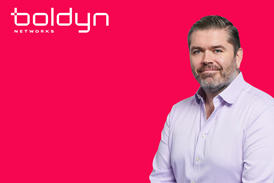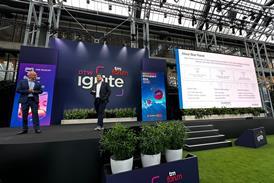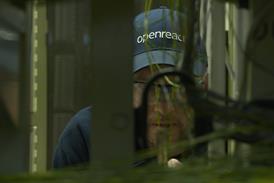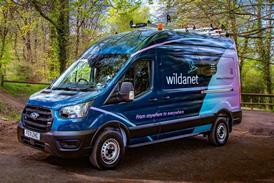- Telcos
- Network & IT
- Infra
- People
- Finance & Strategy
- Events
- Regions
- Thought Leadership
 Boldyn’s marathon man: Brendan O’Reilly on building ‘win‑win’ shared networks for the UK
Boldyn’s marathon man: Brendan O’Reilly on building ‘win‑win’ shared networks for the UK Fix telco CPQ to accelerate B2B expansion
Fix telco CPQ to accelerate B2B expansion AI, edge and colo: Nokia’s Neutral Host Index redraws telecom’s $200bn shared-infra map
AI, edge and colo: Nokia’s Neutral Host Index redraws telecom’s $200bn shared-infra map Moving fast to fix things: how AI-driven network assurance is reshaping global telecoms
Moving fast to fix things: how AI-driven network assurance is reshaping global telecoms
- Premium
- TelcoX EMEA Leadership & Performance Study
Close menu
- Home
- Telcos
- Network & IT
- Infra
- People
- Finance & Strategy
- Events
- Regions
- Thought Leadership
- Premium
- TelcoX EMEA Leadership & Performance Study
Deutsche Telekom sets off Wave 2 in Berlin TEAC
 Ken Wieland2020-08-13T12:36:00
Ken Wieland2020-08-13T12:36:00

Source: Jonas Tebbe / Unsplash
Five tech startups selected for twelve-month programme. Familiar R&D themes of edge computing and ‘open’ networks. TIP’s TEAC boss sees room for improvement in how smaller, new players might be onboarded into telecoms supplier ecosystems.
Register for free to continue reading this article
Already registered? Sign in here.
Join the TelcoTitans community and continue reading this article
By registering for a free account, you will get immediate access to the rest of this article, plus:
- Enhanced access to TelcoTitans with three free article views per month
- TelcoTitans Daily and Weekly newsletter briefings
“The detail is very good. Better than we get internally.” – GM, Vodafone OpCo
Want full access to TelcoTitans content? Check out our subscription options.



















